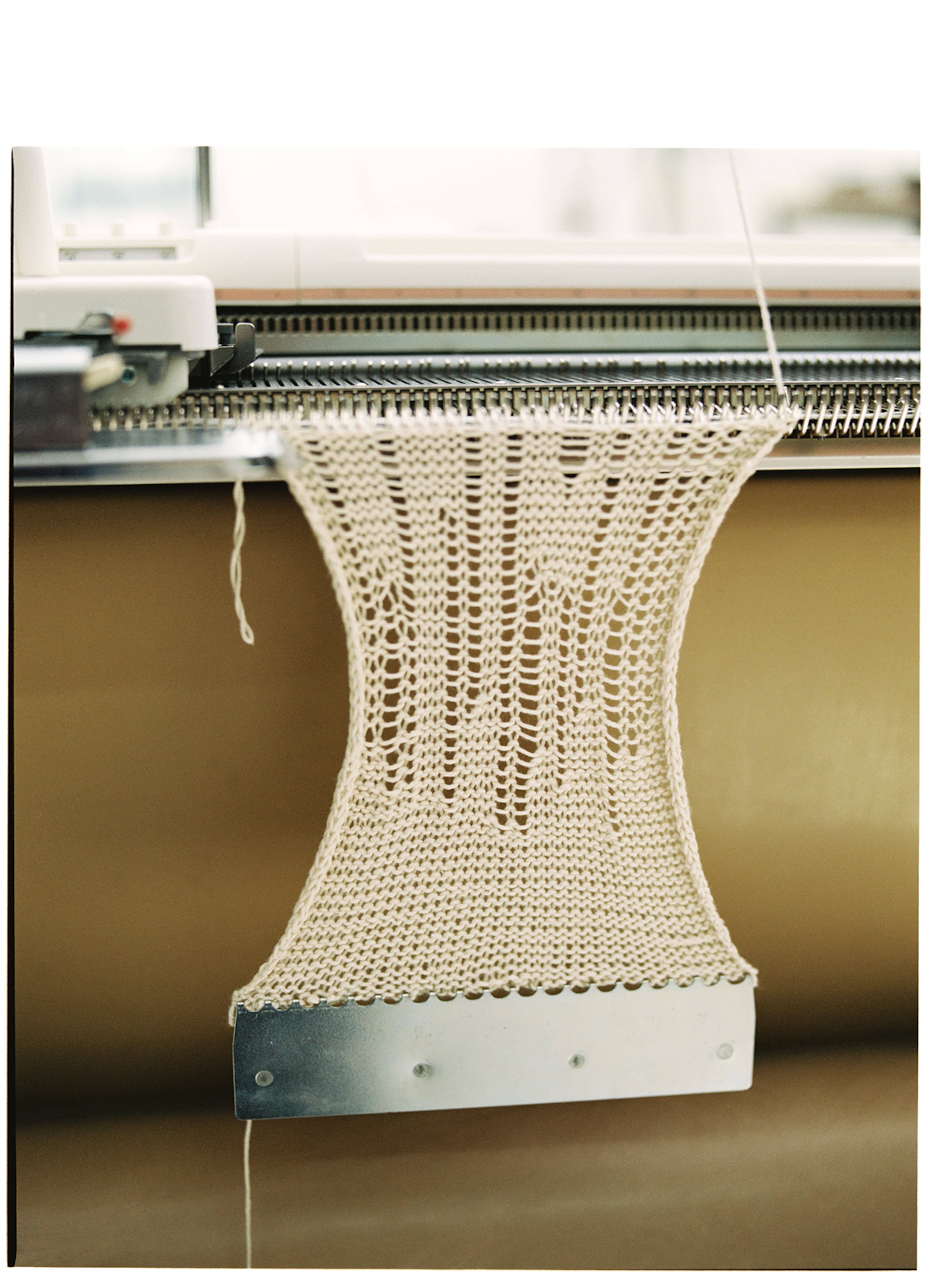Working Conditions in H&M's Supply Chain | H&M
Working Conditions
Like many fashion brands, we don’t own the factories where our clothes are made. But we want everyone working in our supply chain to:
• Feel safe at work, with their health and well-being protected.
• Be able to speak up and improve their working environment, especially if something is not right.
• Earn enough money to live on and ensure that their job is dignified and fair.
How do we do this?
All suppliers working with us must sign our Sustainability Commitment, which is a set of requirements regarding impact on people and the environment, as well as collaboration and transparency. This is non-negotiable.
H&M Group have 135 dedicated sustainability staff in our worldwide production offices who make regular visits and audits to ensure that our suppliers live up to our agreement.
Together with our suppliers, we implement factory training programs to empower workers and improve wage management systems at the workplace. These systems help ensure that wages are set transparently and based on individual skills and performance. In 2024, over 450 Tier 1 factories were enrolled in the Wage Management System program, covering 44 percent of our Tier 1 suppliers.
Together with trade unions, NGOs and workers, H&M Group is working to improve grievance mechanisms and access to remedies. This means that workers can raise concerns and work together with management to fix issues. In 2024, we heard from over 164,000 workers, a representative sample of over 1 million people in our supplier factories, about working conditions. We learned from this data that over 95% of participating workers know how to file a grievance and would use the existing channels if needed. We also learned that over 50 percent of the grievances received at in-scope factories were solved within 24 hours. We could also see differences between countries and identify vulnerable groups. Based on the results, we are working with each country to improve grievance mechanisms, and we are tracking the progress in our monthly data collection from the factories.
H&M Group is a part of the Action Collaboration Transformation, an agreement between 18 global apparel brands and IndustriALL Global Union. We join forces to achieve living wages for workers in the textile and garment supply chain through collective bargaining. By demanding the same standards from our suppliers, we are a more powerful voice. In 2025, three new collective bargaining agreements, backed by H&M Group through the ACT process, were signed in Cambodia. These agreements resulted in increased wages and improved working conditions.
In 2025, H&M Group, IndustriALL Global Union and IF Metall celebrated ten years of our flagship Global Framework Agreement (GFA), a pioneering collaboration to strengthen workers’ rights and social dialogue across the company’s global supply chain.
In 2025, H&M Group, IndustriALL Global Union and IF Metall celebrated ten years of our flagship Global Framework Agreement (GFA), a pioneering collaboration to strengthen workers’ rights and social dialogue across the company’s global supply chain.
